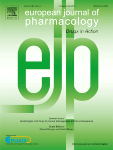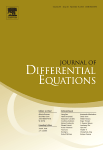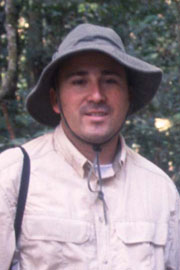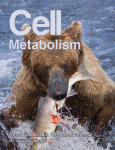An investigation at Karolinska Institute has led to the retraction of a paper about drug treatments for alcoholics, after concluding the article contains a “very careless data workup.”
The paper, “Memantine enhances the inhibitory effects of naltrexone on ethanol consumption,” found that the drug memantine (normally used to treat Alzheimer’s) enhances the effects of naltrexone in rats, which blocks the high of alcohol. It was published in the European Journal of Pharmacology and has been cited 10 times, according to Thomson Scientific’s Web of Knowledge.
However, its conclusion is now “unreliable,” according to the retraction note:
Continue reading Investigation finds “careless data workup” in alcoholism drug paper



 After we reported on
After we reported on 


